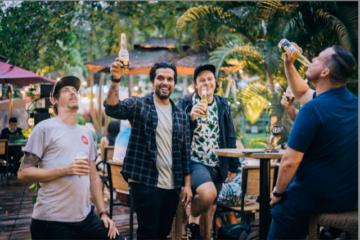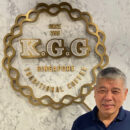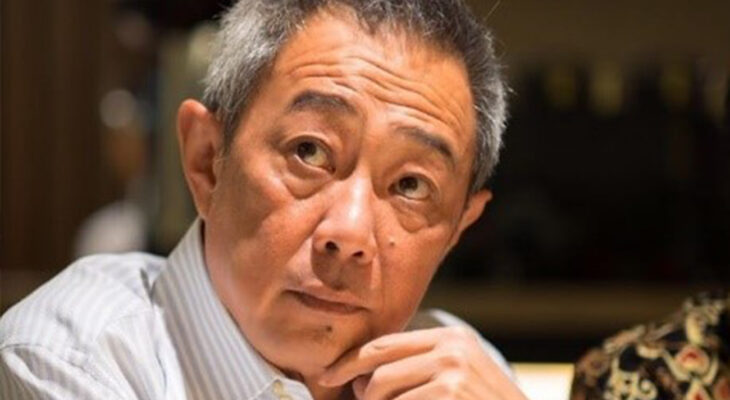
Entrepreneur. Musicophile. Maverick.
BiZQ interviews nightlife business veteran Dennis Foo who is also known for his love of music.
Having owned and operated more than 50 nightspots and F&B outlets in Singapore in a career that spanned four decades, Mr Dennis Foo can be considered somewhat of a “statesman” of the Singapore entertainment and hospitality business.
Mr Foo has served as a member of the Tourism Working Group of the Economic Review Committee in 2002, and chaired the Nightlife, Food & Beverage and Casino task forces. He was accorded the Tourism Entrepreneur of the Year at the Singapore Tourism Awards in 1999. In 2010, Mr Foo was conferred the Lifetime Achievement for Outstanding Contribution to Tourism by the Singapore Tourism Board.
In 2016, he received the National Council Against Drug Abuse Special Recognition Award for his significant contributions to the anti-drug cause.
In addition, he has served on numerous government boards, councils, panels, committees and was on the board of three public listed companies in Singapore. He was also the Founding President of the Singapore Nightlife Business Association and was instrumental in setting up the Singapore Alliance for Responsible Drinking with the European Chambers of Commerce while serving as a member of the Small & Medium Enterprise Committee for the Singapore Business Federation.
BiZQ spoke with Mr Foo to find out more about his remarkable journey, and how the pandemic has transformed the entertainment industry.
What is your assessment of the entertainment business?
I am often invited to give talks and one of my favourite topics is “The Art of Entertainment is a Science”. My view of the process in science is that it is through observations that we deduce theories; then we identify the principles and see these manifested in different syndromes to reinforce those theories.
For example, club operators observe the market, the behaviour, the patterns, the trends to discover the principles. Before the pandemic, the underlying principle is that entertainment was about selling an atmosphere. The more people there are in a club, the better the atmosphere. If the place is quiet, no one wants to go there.
This made the business predictable. The pandemic made it unpredictable. For example, some people are still avoiding crowded venues.
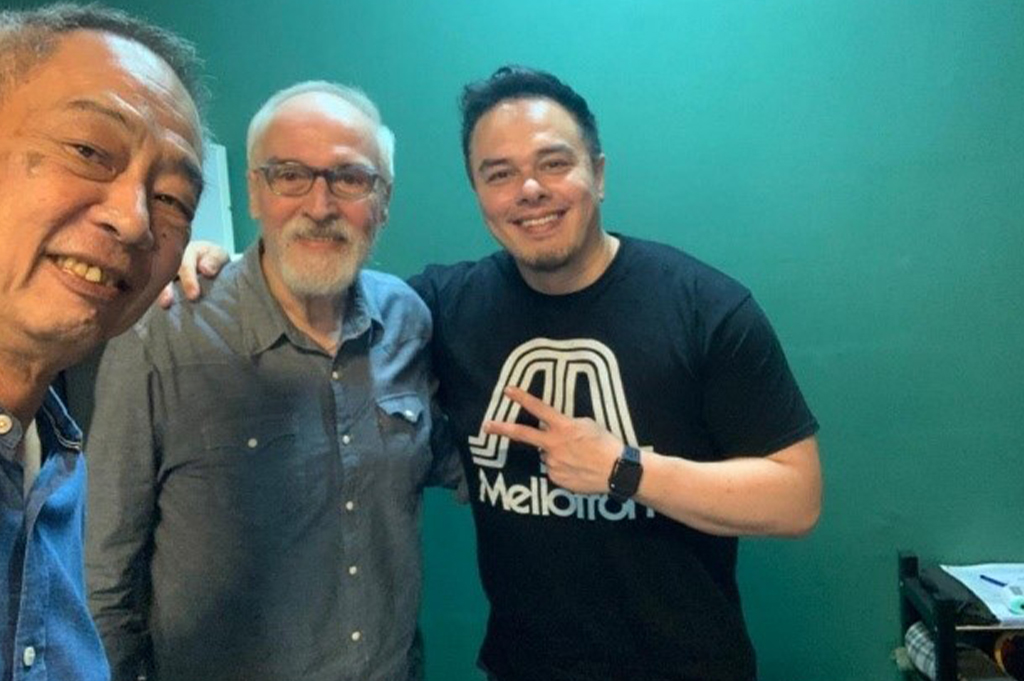
You have also earned a reputation for having offered the best live music. How did that come about?
I realised that live music could better engage audiences. There were probably only a couple of live music venues outside hotels in the late 70s and early 80s, so when I introduced live music in Europa Changi, it was an instant hit.
With music, you cannot compromise on standards. I thought highly of Adil, Adam and Ben, who were then playing at the Treetops bar in Holiday Inn along Scotts Road. Frankly, no musician would want to work in Changi, so I promised them the latest keyboard synthesizer and more if they came over, and they did. Musicians want to perform at their best and I made them an offer they could not refuse.
Why are you considered a maverick?
Probably because I often challenge the status quo! When I took over Europa after the passing of my father in 1981, it was unheard of for any business in the HDB premises getting a live entertainment license.
However, I was allowed to feature a live band on the opening day. The authorities also allowed me to offer live music on festive occasions like Christmas and New Year. In fact, I would apply on every festive occasion and I made sure that there were no incidents and noise complaints. In time, the authorities probably got fed up of seeing too much of me at the licensing department and gave me a full license instead.
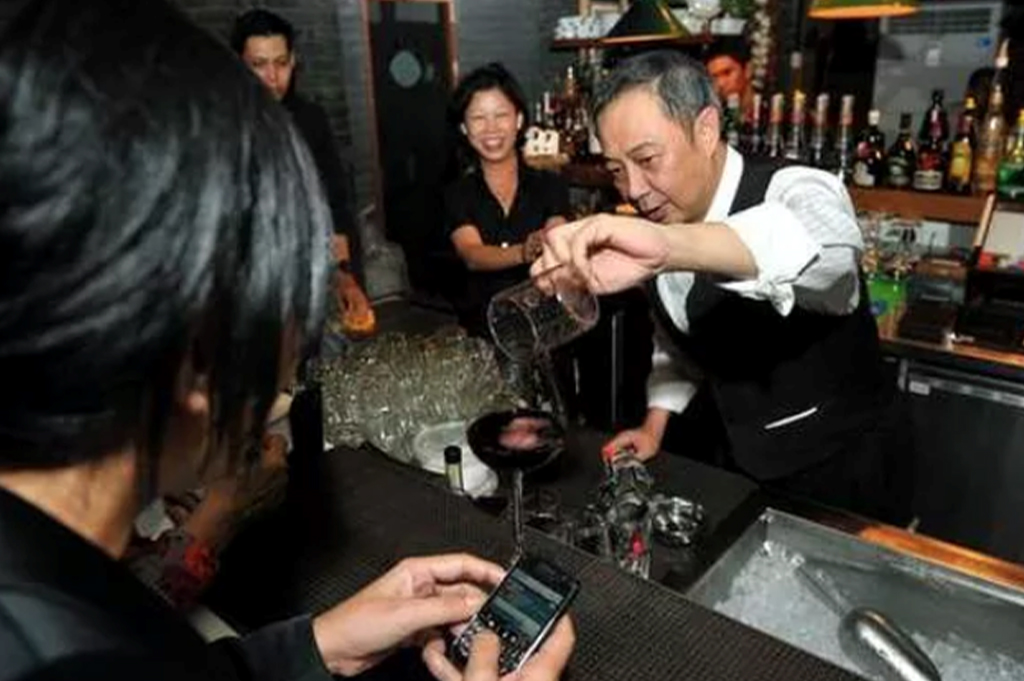
Then, in the mid-80s when HDB coffee shops were not allowed to offer seating outside their premises, I applied for a Beer Garden license. As there was no precedent, it took more than a year. I wrote countless letters to argue my case before HDB finally relented and gave its approval. That was the first Outdoor Refreshment Area (ORA) license the board approved. My Beer Garden is really the forerunner of the must-have ORAs you see in HDB coffee shops all over the island today! After that, I further pushed for permission to allow bar-top dancing.
When I served on the Pro-Enterprise Panel of the Ministry of Trade & Industry, I did not miss a single meeting in the 12 years I was there. Since its inception, the panel reviewed more than 2,000 rules and regulations and changed half of them. It was very satisfying.
Do you have any big regrets?
My two biggest regrets are not venturing into China and ironically doing an excellent marketing job for Raffles Town Club.
The Raffles Town Club saga kept me busy in court for 16 years. Basically, we over tendered for the land by bidding $100 million when the second highest bid was only $44 million. A high-profile lawsuit over ownership and various share deals then erupted and I had to sell all my shareholdings in the Europa group of companies in 2001 as a form of settlement.
However, there is truth in the saying that in any crisis, there is an opportunity. The debacle spurred me to start Devil’s Bar, and later St James Power Station in 2006 under a joint venture with local retailer F J Benjamin.
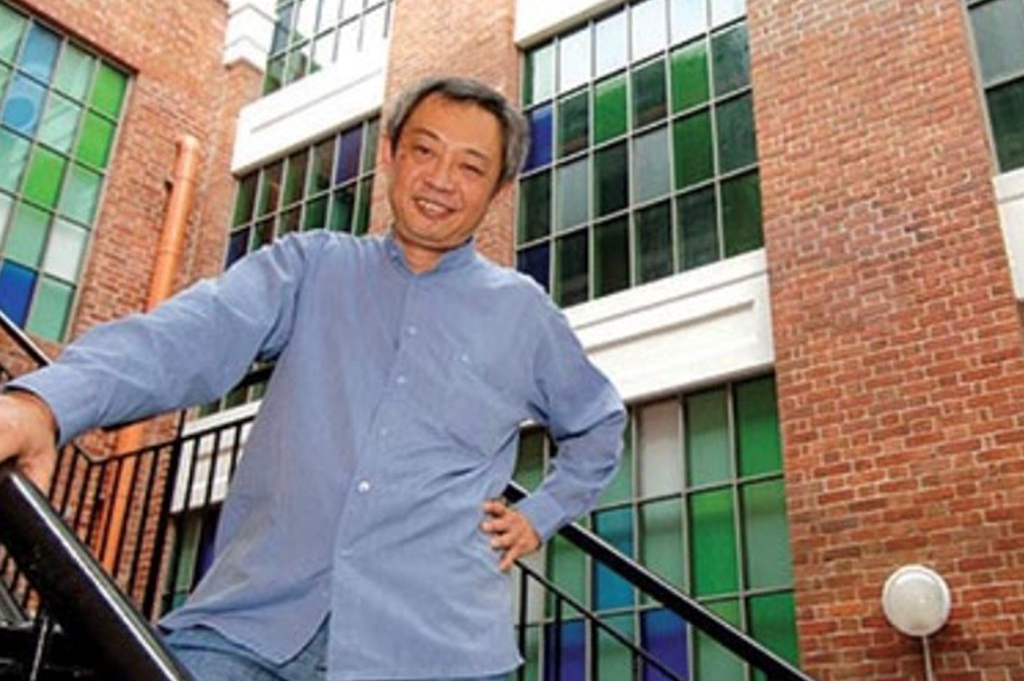
Retiring is an awfully big step. Why step down when you were still the kingpin?
I retired in 2018 and one reason is that I realised I can no longer relate to the music of the younger generation. Also, I am getting close to 70 years of age. I am still active as I am currently the President of the Old Rafflesians’ Association – the alumni body of Raffles Institution. It’s my way of giving back to my alma mater as I have benefitted from the Rafflesian network.
Any advice to aspiring entrepreneurs?
It all comes down to the Chinese word “坚持” which means perseverance and determination. In Malay, it’s called “tahan”. It also helps if you can manage by consensus as I did, which means getting everyone from management to staff to take ownership of whatever they do so that they are fully committed to the job.





